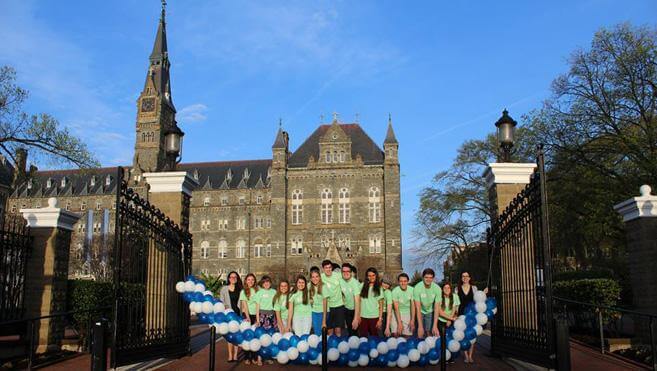
Studying is not fun, even for Ivy League students.
As an undergraduate at Harvard, I have a lot of friends who talk about studying the same way kids at my high school did -- namely, not affectionately.
I have noticed one key difference, though, between my high school and Ivy League friends:
A default mindset of showing up.
This is a picture of a Harvard library in the middle of the day on a Friday.
Even on weekend mornings or afternoons, libraries will be full of students studying, hoping to finish their work so that they can go out in the evening.
Harvard and Ivy League students in general seem to be aware that simply showing up to an environment that encourages hard work will eventually influence them to be productive.
The important lesson here is to set your environment right, it may just make or break you.
Another theme one may notice in Harvard libraries are just how many groups there are. While there inevitably is some goofing off, there is also something to be said for utilizing group sessions to improve your study habits.
More minds around you means more chances that someone can explain topics that you cannot understand.
And the habit of doing the same for someone else is proven to increase your own understanding and retention.
I used group sessions for almost every single one of my problems sets in my freshman year at Harvard. They were invaluable to my success in those math classes.
Lastly, Ivy League students talk to their professors.
It can be scary at first, but building a relationship with your professors/teachers and probing them on any gaps in knowledge you have is crucial to the studying process. Almost always, they will be glad to spend the time to reteach the parts you struggle with.
Together, all of these steps enable Ivy League students to set themselves up for success on test day, even if they dread it just as much as any other student.



